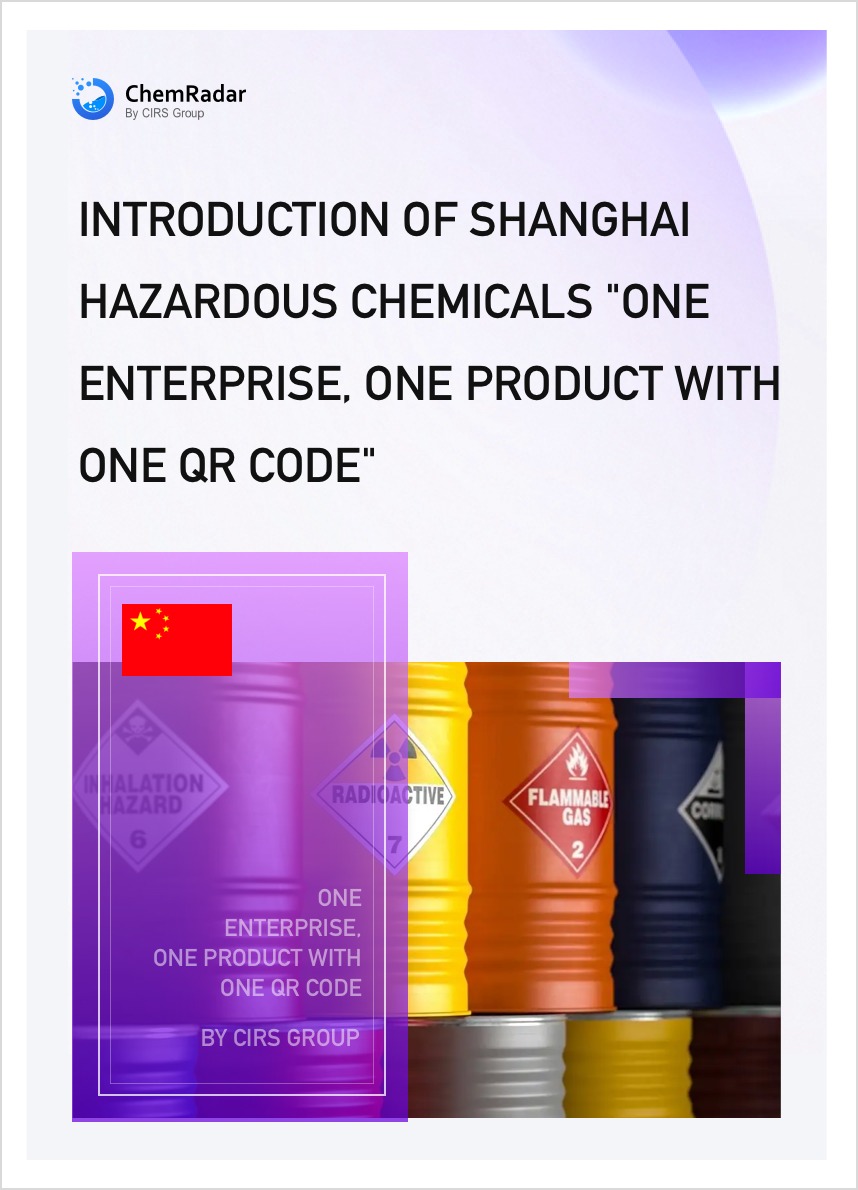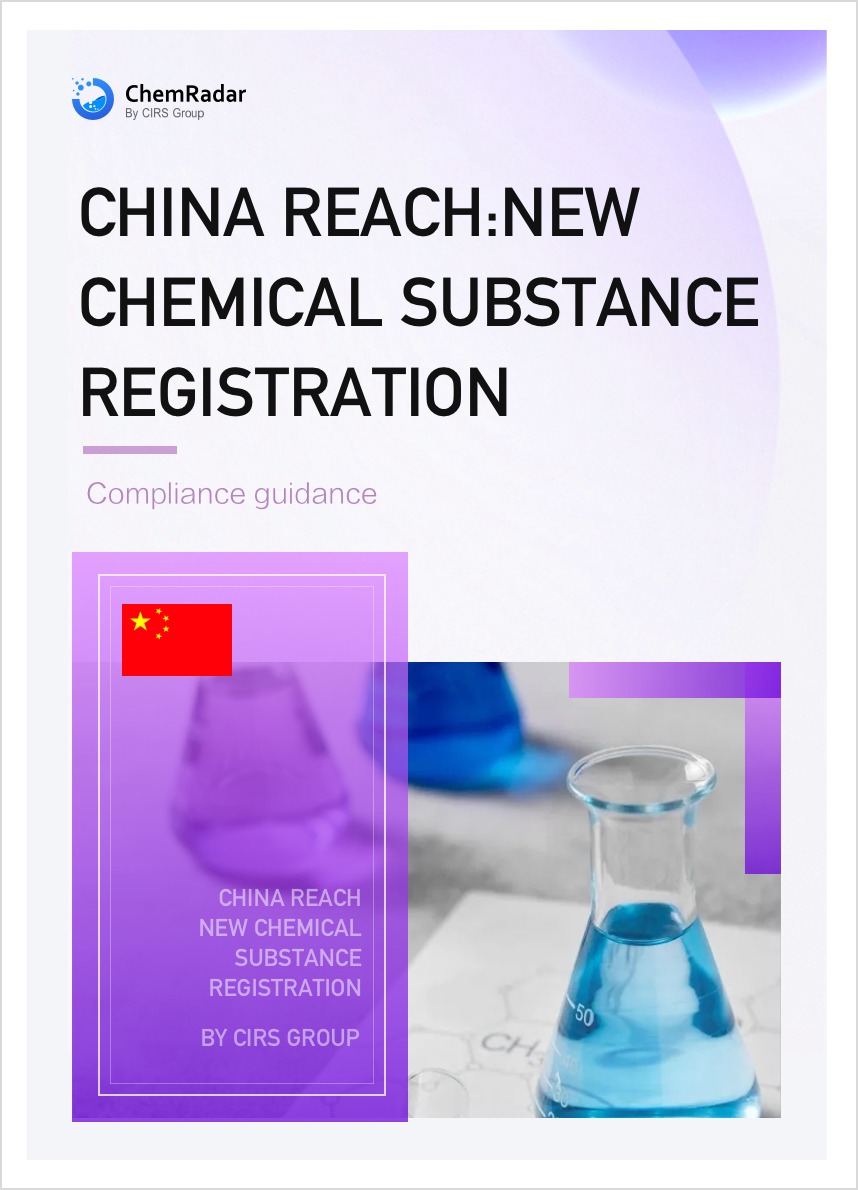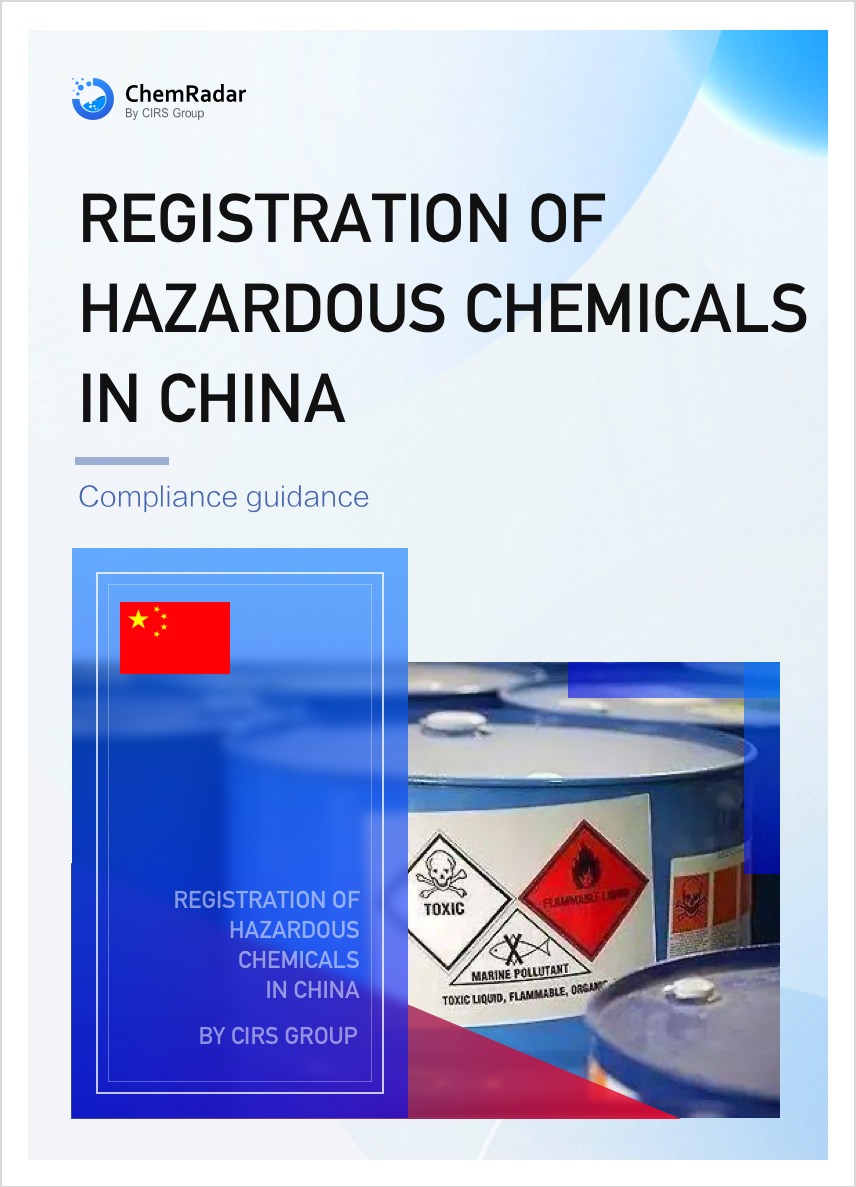On August 26, 2025, the Guangzhou Emergency Management Bureau formulated and issued the Guangzhou Catalog of Prohibited, Restricted, and Controlled Hazardous Chemicals (hereinafter referred to as the Catalog). This aims to implement the requirements of the Opinions on Comprehensively Strengthening the Safe Production of Hazardous Chemicals and the Guangzhou Regulations on the Safety Management of Hazardous Chemicals, further strengthening the safety management of hazardous chemicals citywide.
The main contents of the Catalog are as follows:
Prohibition
Prohibition of Specific Hazardous Chemicals
The 105 types of hazardous chemicals listed in Appendix 1 are prohibited citywide in all links (excluding chemical parks) from production, storage, operation, transportation, and use. Exemptions granted by the state for specific industries shall follow relevant regulations.
Chemical park management agencies citywide shall, according to the Guangzhou City Chemical Park Construction Standards and Certification Management Implementation Measures (Trial) and the Guangdong Province Chemical Park Safety Rectification Ten Must-Haves, Two Prohibitions Work Measures, formulate their park's specific Catalog of Prohibited, Restricted, and Controlled Hazardous Chemicals, clarifying the List of Prohibited Hazardous Chemicals.
Based on the chemical park's Catalog of Prohibited, Restricted, and Controlled Hazardous Chemicals, hazardous chemicals permitted for production, storage, operation, transportation, and use within the chemical park, if listed in Appendix 1, are only allowed for point-to-point transportation between enterprises within the chemical park and source production, storage, operation enterprises or user units outside the Guangzhou administrative region. Transshipment, loading, unloading, and storage are prohibited. Carriers must possess appropriate hazardous chemicals transportation qualifications and strictly adhere to the areas, routes, and time slots designated by public security departments for distribution.
Prohibition of Hazardous Chemicals Construction Projects
Citywide, new construction or expansion of hazardous chemicals construction projects is prohibited outside chemical parks and hazardous materials unloading bases, excluding gas stations, LNG/CNG stations, hydrogen refueling stations and their combined stations, port (railway, aviation) hazardous chemicals construction projects, hazardous chemicals pipelines, and supporting projects for hazardous chemicals user units.
New construction or expansion of production projects involving nitration processes and peroxide processes within chemical parks is prohibited. Chemical parks must incorporate these requirements when formulating their park's Catalog of Prohibited, Restricted, and Controlled Hazardous Chemicals.
Restriction and Control
Restrictions and Controls on Specific Hazardous Chemicals
The 636 types of hazardous chemicals listed in Appendix 2 are restricted from production and storage in the Yuexiu, Liwan, Haizhu, and Tianhe districts. However, scenarios involving national livelihood and emergency disaster relief, such as gas stations storing refined oil, medical institutions storing medical oxygen, and diesel for generators, are not subject to the restrictions in Appendix 2. They may store relevant hazardous chemicals that do not constitute major hazard installations.
Chemical park management agencies citywide shall, according to relevant requirements, formulate their park's Catalog of Prohibited, Restricted, and Controlled Hazardous Chemicals, clarifying the List of Restricted and Controlled Hazardous Chemicals.
Restrictions and Controls on Key Supervised Hazardous Chemical Processes
Strict approval is required for new construction or expansion of production projects involving the 18 processes listed in the Key Supervised Hazardous Chemical Processes list (Appendix 3), excluding nitration and peroxide processes already covered.
Restrictions and Controls on High-Risk Hazardous Chemicals Construction Projects
Strict approval is required for new construction or expansion of construction projects involving highly toxic, flammable, and explosive hazardous chemicals such as phosgene, liquid ammonia, liquid chlorine, liquid hydrocarbons, and ammonium nitrate.
Restrictions and Controls on Quantities of Hazardous Chemicals
Enterprises shall strictly control and limit their storage and usage quantities, gradually reducing the number of major hazard installations. Enterprises are encouraged to reduce existing hazardous chemical storage and usage through technological innovation, replacing hazardous chemicals with non-hazardous ones, or replacing highly hazardous chemicals with less hazardous ones.
Scope
This Catalog applies to the administrative region of Guangzhou City, excluding port and wharf areas. Chemical parks are subject to their respective park's Catalog of Prohibited, Restricted, and Controlled Hazardous Chemicals.
Implementation Requirements
Administrative departments such as development and reform, industry and information technology, public security, planning and natural resources, transport, ecology and environment, and market supervision shall enforce this Catalog during investment approvals and construction project planning. All hazardous chemicals units citywide shall comply with this Catalog.
Effective Date
Takes effect from August 26, 2025, and is valid for 5 years.
Background and Purpose
Hazardous chemicals, as basic raw materials for modern industry and essentials in daily life, are crucial for ensuring the normal operation of urban functions and economic development. With Guangzhou's economic growth and the rapid development of industries such as automobiles, electronics, and biomedicine, the demand for hazardous chemicals continues to increase. The scope and volume of hazardous chemicals involved are vast, and most possess properties such as explosiveness, flammability, toxicity, corrosiveness, or oxidizability, making them prone to causing personal injury, environmental pollution, and property loss.
By formulating this Catalog, hazardous chemicals explicitly prohibited by the state due to their significant impact on human health and the environment or persistent hazards are completely banned in Guangzhou. Certain restrictions and controls are also imposed on other hazardous chemicals used in large quantities across relevant areas, helping to prevent and curb major accidents involving hazardous chemicals.
Further Information



